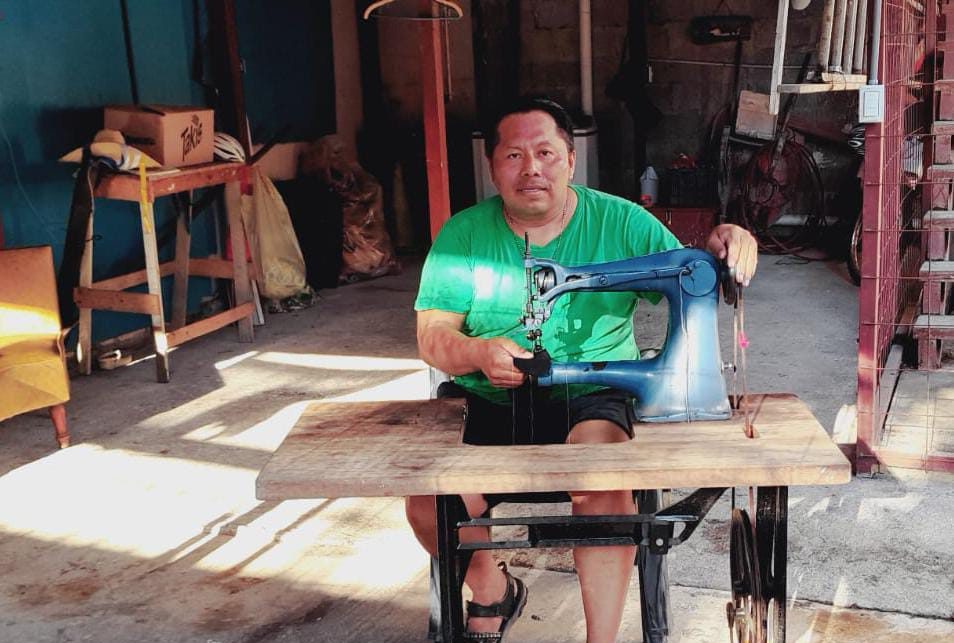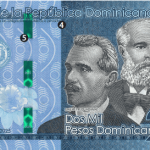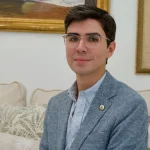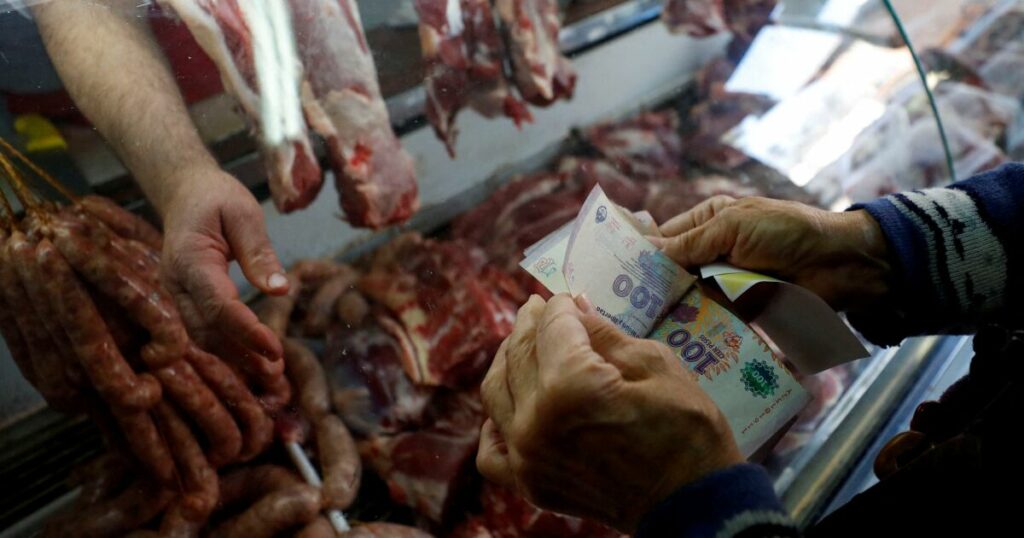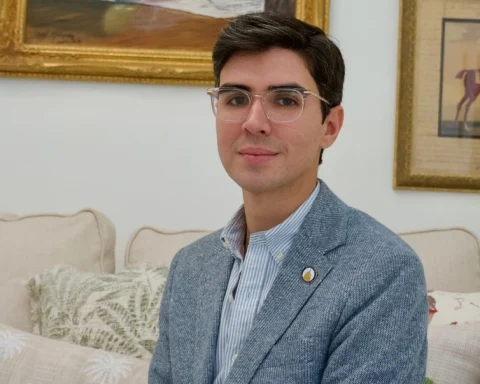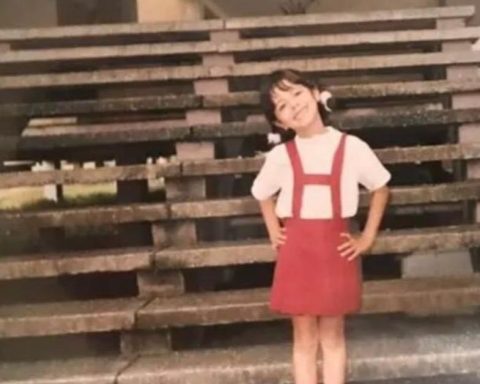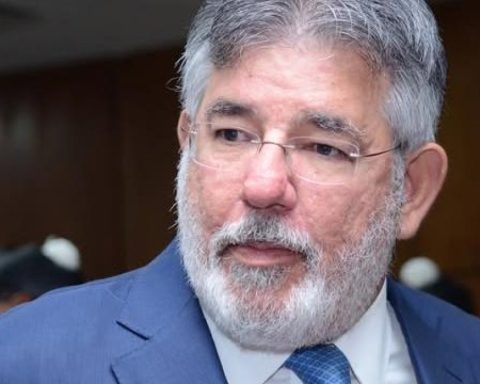From early hours of the day, in a house in a neighborhood of San José, Costa Rica; the hoarse sound of a shoe-sewing machine is heard. In that place there is leather, a hammer, threads, knives, glue and other implements. There is Professor Gabriel Putoy, from Monimbó, repairing a pair of tennis shoes.
And it is that since he arrived in exile, in December 2019, he has “researched his life” to be able to cover his personal expenses, but he has not neglected the civic struggle because he is one of the main leaders who “keeps the spark alive” for the freedom of Nicaragua and the defense of human rights.
That, according to him, is an aspect that he has not forgotten since the Ortega Murillo dictatorship imprisoned him in September 2018, and he was subjected to torture while in captivity, to the point that he could not even hold a glass to drink water. “I spent sore from so many beatings received,” he recounted. The professor was released in June 2019.
Related news: Professor Gabriel Putoy goes into exile in Costa Rica after siege and persecution by the dictatorship
While in Costa Rica, he received the support of the Salesian parents, who even got him a job as a teacher, however, this work did not leave him room for political activism, so he decided to undertake his own work through crafting. of leather shoes.
«You know that Monimbó is a purely artisan neighborhood, and when I was young I learned something about shoemaking, and I know how to ride (assemble shoes). At first I started making shoes here in exile, but people want everything for free and the truth is that it didn’t work for me, besides, the material here is too expensive and my accounts don’t add up, repairing works more,” Putoy explained.
He didn’t sit idly by
Currently, he only supports himself from the undertaking to repair shoes, bags, purses, suitcases, backpacks and any piece of leather, this is enough to pay his taxes to the municipality of San José, for the right to a sign that he has outside his his little workshop.
“Nicas, Ticos and other nationalities come here, because we strive to leave things very well, despite the fact that I am not a shoemaker, but a teacher,” he said.
The released political prisoner assured that the sewing machine was inherited from his parents, and that no one used it in Masaya, so he decided to send it back and they managed to take it piece by piece. Back in Costa Rica, a friend set it up for him.
«Entrepreneurship is hard, but we have to learn to survive in exile and that happens by reinventing yourself. With my venture, it has given me time to carry out my personal errands and space for civic activity. The fact is that of the more than one hundred thousand Nicaraguans who are in Costa Rica, most do not go to civic activities because their jobs absorbs them,” he said.
They are not economic migrants
Gabriel Putoy reminded the President of Costa Rica, Rodrigo Chaves, that those who have arrived in this country after April 2018 have not been economic migrants, but citizens forced to safeguard their lives from Nicaraguan state violence. He took the opportunity to call others not to abandon the fight for the democratization of Nicaragua and to achieve a safe return of the thousands of Nicaraguan exiles.
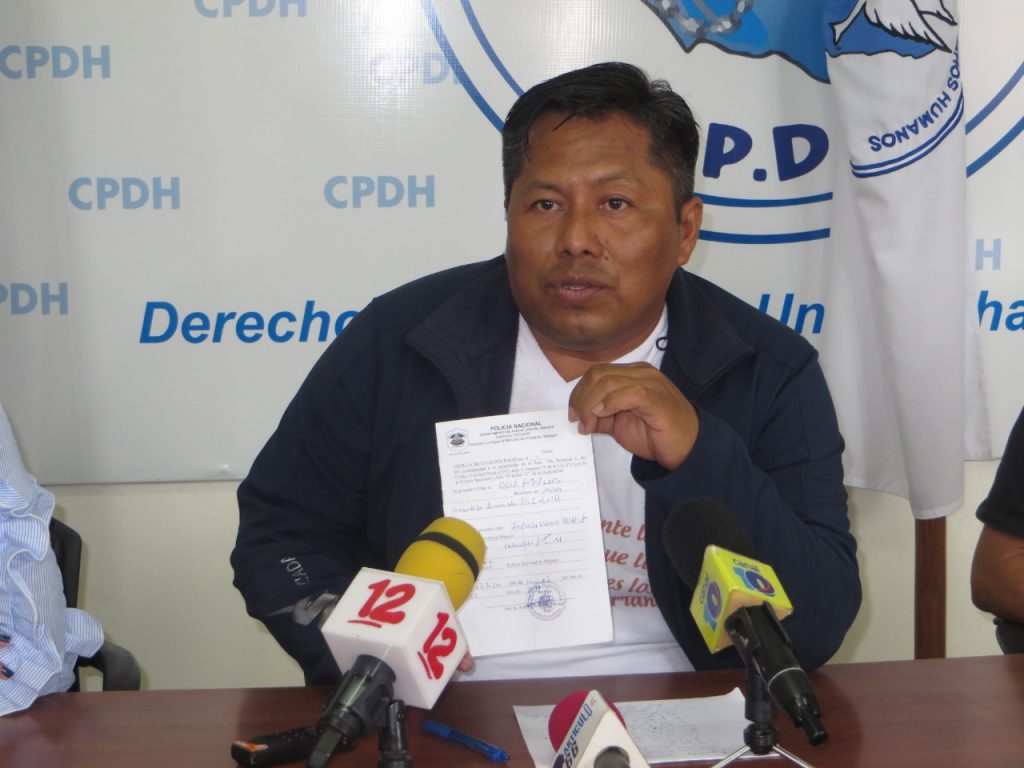
He stressed that the venture currently does not generate large sums of money, because it recognizes that the world economy is in bad shape, added to the consequences of Russia’s invasion of Ukraine, and in Nicaragua the situation of the sociopolitical crisis generated by the repression is worse. state.
«The vast majority of Nicaraguans are looking for how to get the best of us in another country, however, we are contributing from this small coexistence of exile to the Costa Rican economy, because here nobody pays us taxes, but rather comes from our pockets. We walk as decent people earning a living, but without neglecting the part of human rights activism, “said the teacher.
Since the state repression began in Nicaragua, beginning in April 2018, thousands of Nicaraguans have been forced to move to different countries, mainly to Costa Rica, from where they “look for life” in different ways on a daily basis, while democracy returns. and the establishment of a rule of law in the pinolero country.
By United Voices
